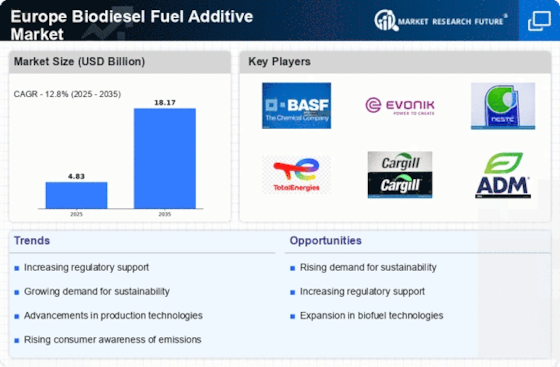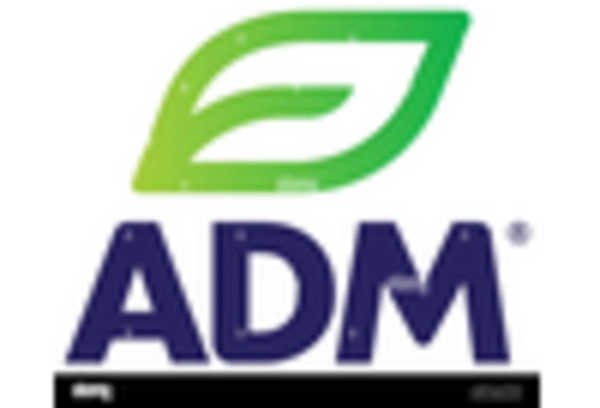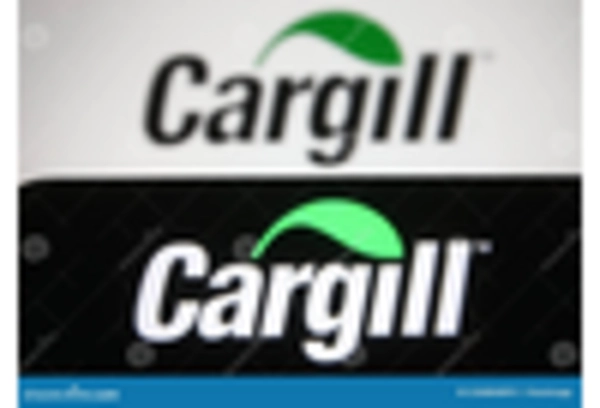Market Analysis
In-depth Analysis of Europe Biodiesel Fuel Additive Market Industry Landscape
The Fuel Additive market for Europe Biodiesel presents a constantly evolving scene, with varying elements coalescing to create an expanding mosaic. The regulatory environment for the biofuel industry in Europe has a huge impact on market dynamics. A series of strict environmental policies and stipulations, including the Renewable Energy Directive (RED), are therefore important driving forces behind biodiesel fuel additives. As this favor for environmentally friendly methods increases, there is a need to develop additives that improve the stability and efficiency of biodiesel while also reducing emissions. The market is heavily influenced by continuing technological progress in biofuel and additives. Additives that resolve these special problems caused by biodiesel usage, including issues with cold flow and oxidative stability are continuously researched. The advanced technologies have caused biodiesel to perform overall better, which in turn has increased market demand and raised competitiveness. Feedstocks for the production of biodiesel have a direct impact on market dynamics. These factors include agricultural trends, weather conditions and geopolitics.They have an effect on feedstock prices and ultimately the overall cost structure of biodiesel production. As a result, this volatility gets passed down to the biodiesel fuel additive market in terms of price and profitability for participants. Europe's biodiesel fuel additive market is highly competitive. Incumbent players compete with newcomers. Mergers and acquisitions are leading to some market consolidation. This trend impacts competitive dynamics in the marketplace. In an effort to pull ahead of the pack, companies try out new products, expand their geographic coverage and engage in all kinds of strategic partnering arrangements. Consumer tastes have changed and the importance of environmental issues has increased, which affect market conditions. As consumers become more conscientious, they want products that accord with their own values of sustainability and environmental protection. As consumer habits change, manufacturers are forced to invest in R & D. They must develop fuel additives better suited to suit consumers 'new needs--not only effective but environment-friendly as well. Infrastructure development is inseparable from the growth of Europe 's biodiesel fuel additive market. The presence of refueling stations, storage facilities and distribution networks for biodiesel affects market penetration. Such governmental initiatives and investment in developing the biodiesel infrastructure under stricter market dynamics have helped continue increases in usage of pure biofuels via increased adoption from users.


















Leave a Comment